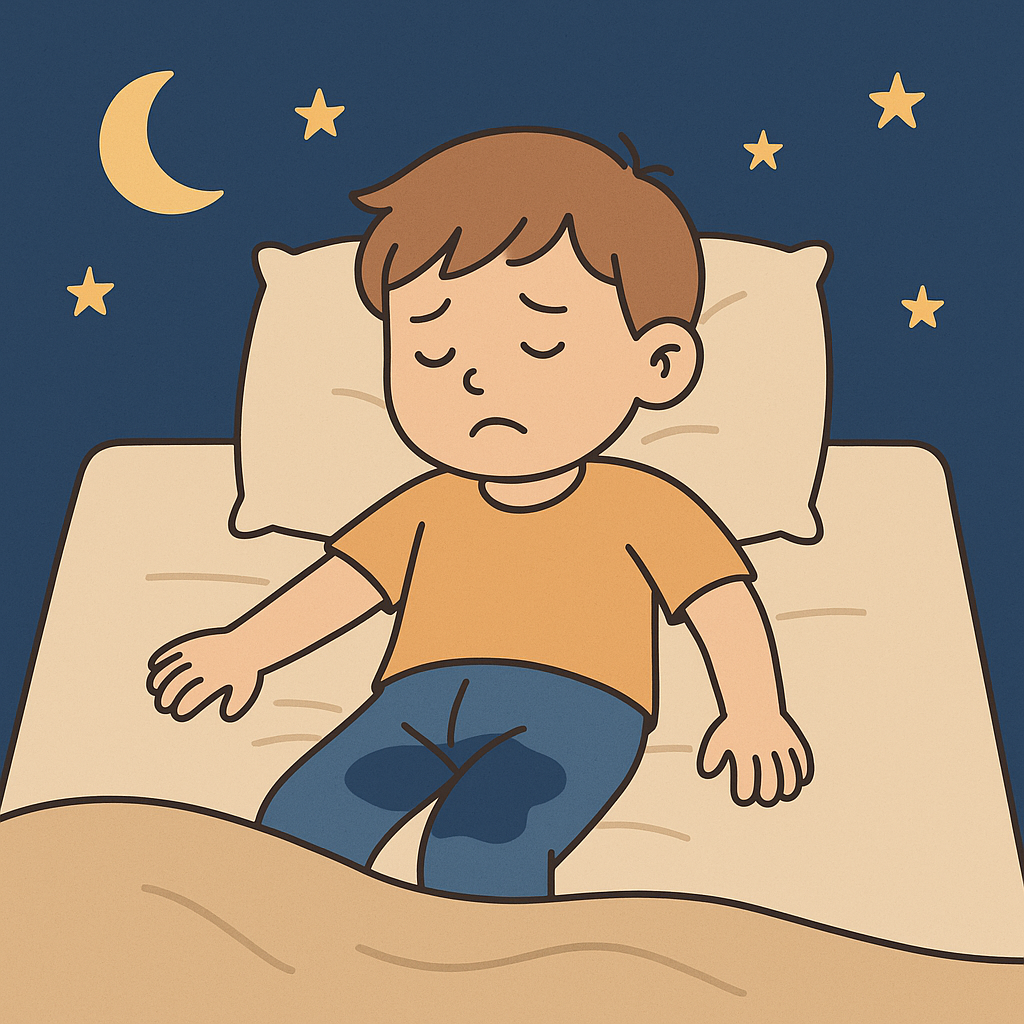Understanding Pediatric Urology and Your Child’s Nighttime Health
Bedwetting, also known as nocturnal enuresis, is a common yet often misunderstood part of childhood. While many parents feel anxious about their child wetting the bed, it’s important to know that in most cases, it’s a normal part of development. But when should you be concerned? And when is it time to consult a pediatric urologist?
Let’s break it down.
🚼 What Is Bedwetting?
Bedwetting refers to involuntary urination during sleep in children aged 5 and above. It’s classified into:
- Primary Bedwetting: The child has never had consistent nighttime dryness.
- Secondary Bedwetting: The child had at least 6 months of dry nights and then started wetting again.
✅ What’s Considered Normal?
Most children achieve bladder control between ages 3 to 5, but night-time control can take longer. It’s estimated that:
- Around 15-20% of 5-year-olds still wet the bed.
- By age 7, it reduces to 7-10%.
- After age 10, only about 1-2% continue.
⚠️ When to Worry?
While occasional bedwetting is normal, here are signs that it may need medical attention:
1. Child is Over 7 and Still Bedwetting Regularly
Persistent bedwetting beyond this age may indicate an underlying issue that needs evaluation.
2. Sudden Onset After Dry Nights
If your child was dry for months and suddenly starts bedwetting again, this could signal stress, emotional issues, or even a urinary tract infection (UTI).
3. Daytime Wetting or Urgency
Frequent accidents during the day, rushing to the bathroom, or having trouble holding urine could point to bladder dysfunction.
4. Pain, Blood in Urine, or Foul Odor
These symptoms may indicate a UTI or other urological problem that should be treated promptly.
5. Snoring or Poor Sleep
Sleep apnea can disrupt the body’s signals to wake up and urinate—often overlooked but treatable.
6. Constipation
Yes, it’s connected! A full bowel can press on the bladder and reduce its capacity.
👨⚕️ Role of a Pediatric Urologist
A pediatric urologist specializes in urinary and genital problems in children. If your child has persistent or concerning symptoms, consulting a pediatric urologist helps to:
- Rule out anatomical or neurological issues
- Conduct bladder function tests (urodynamic studies, if needed)
- Develop a tailored treatment plan
🧸 What Can Parents Do?
✅ Encourage:
- Regular toilet routines, including before bedtime.
- Limiting fluids in the evening (but don’t restrict too much).
- A calm, supportive environment—never shame or punish.
🚫 Avoid:
- Wake-up routines that interrupt deep sleep regularly.
- Blaming the child—bedwetting is not intentional.
🌈 Hope and Healing
With time, patience, and proper guidance, most children outgrow bedwetting naturally. For others, treatment can make a world of difference. From simple behavior changes to medications and bladder training, there are many options available.

